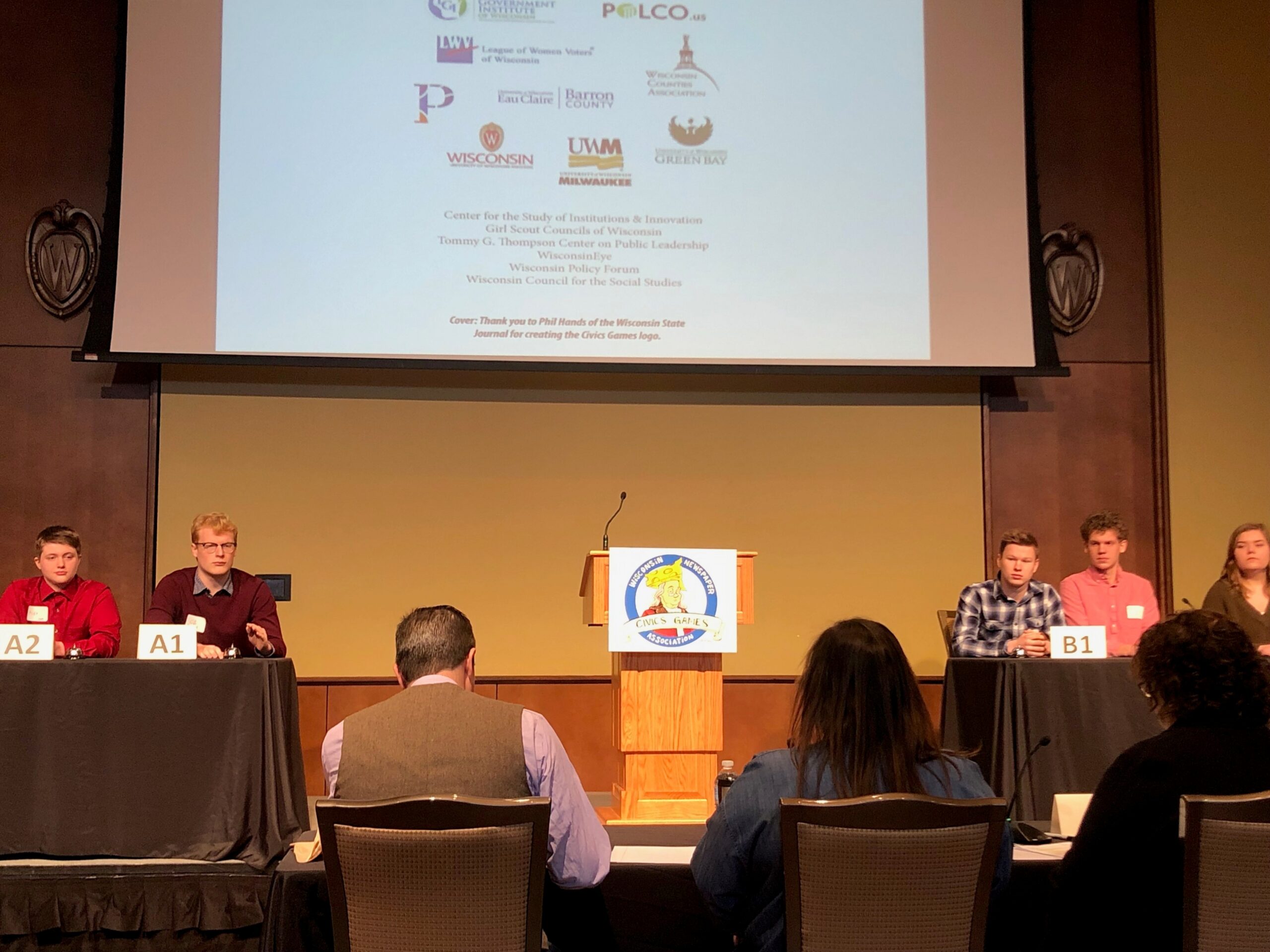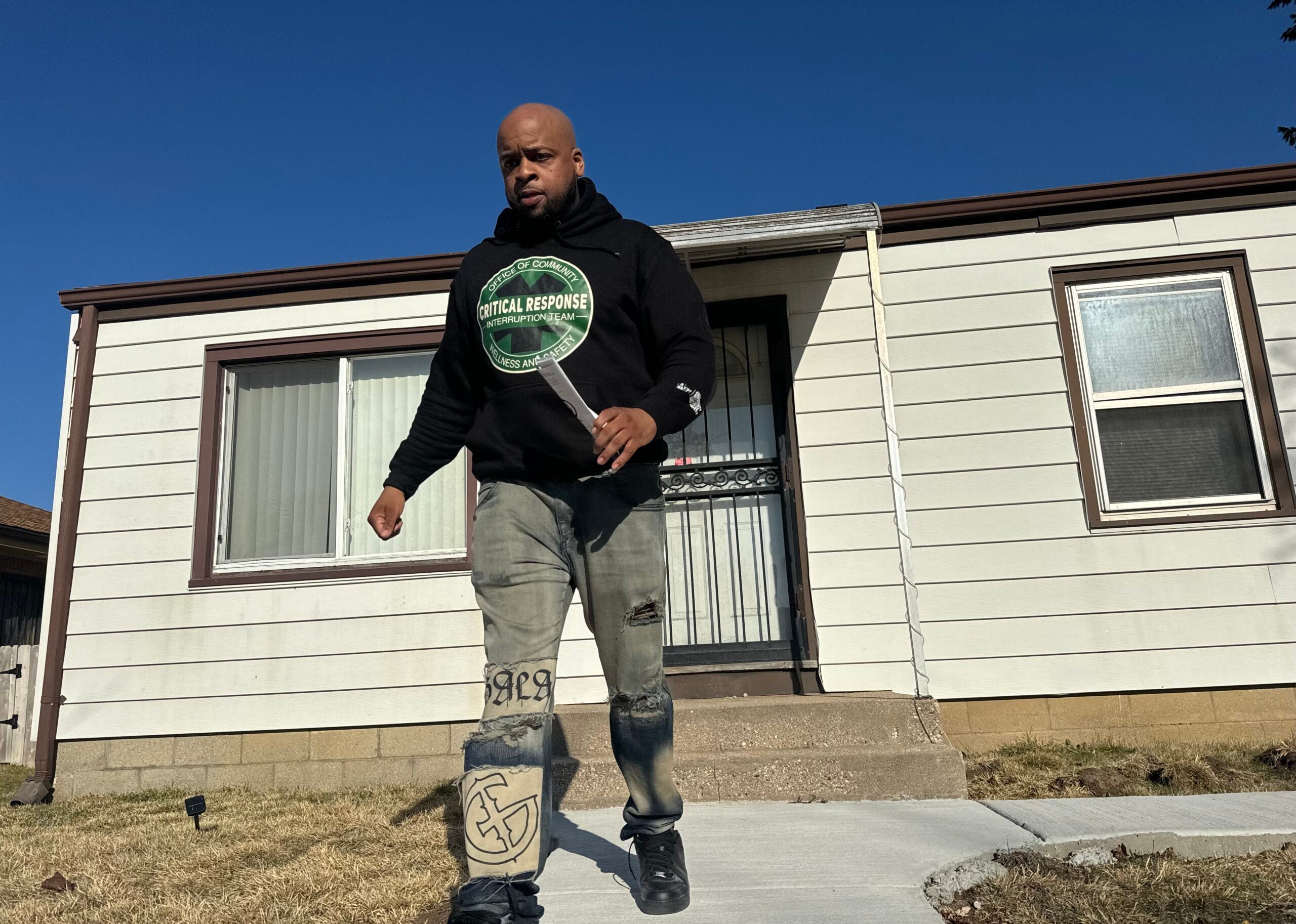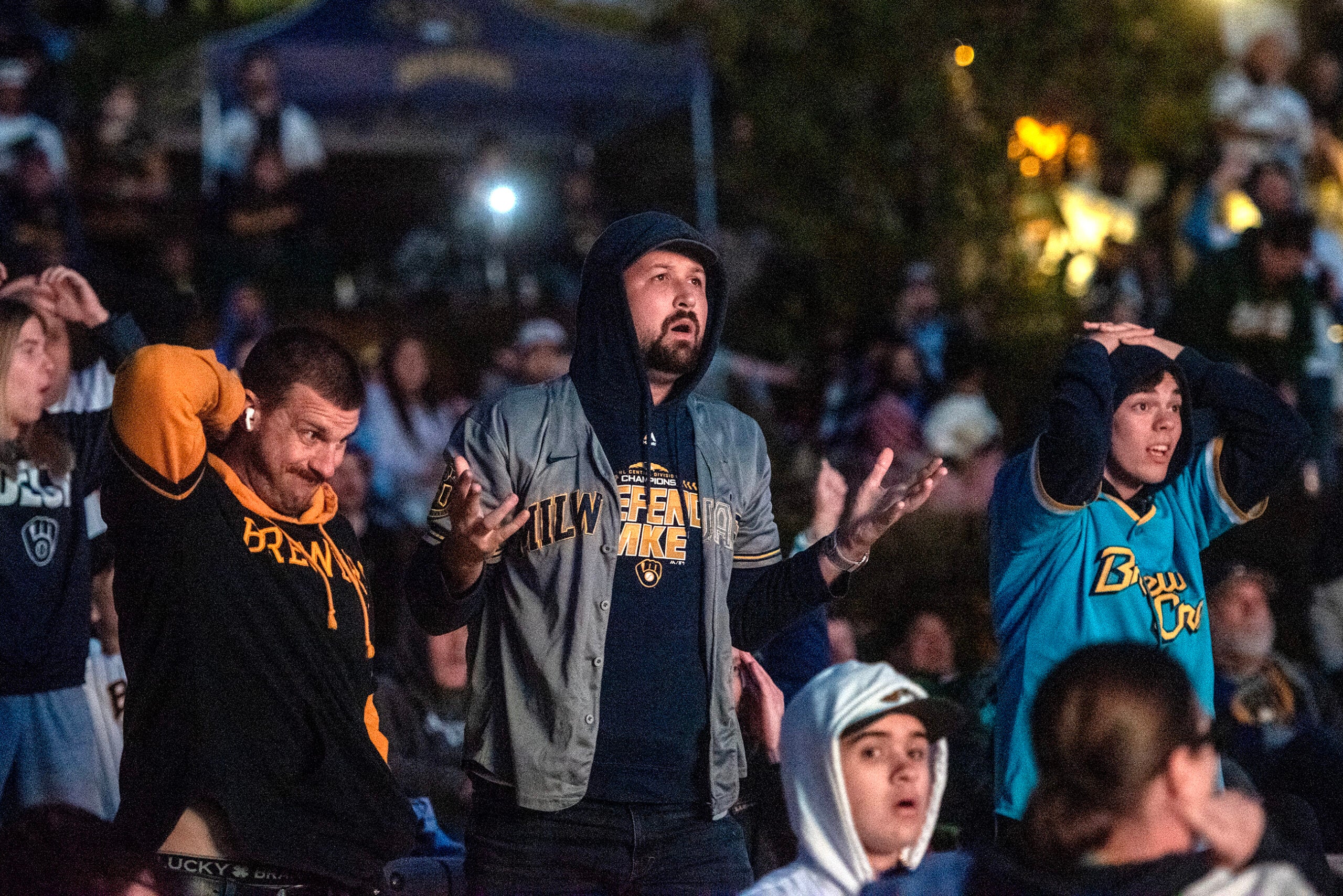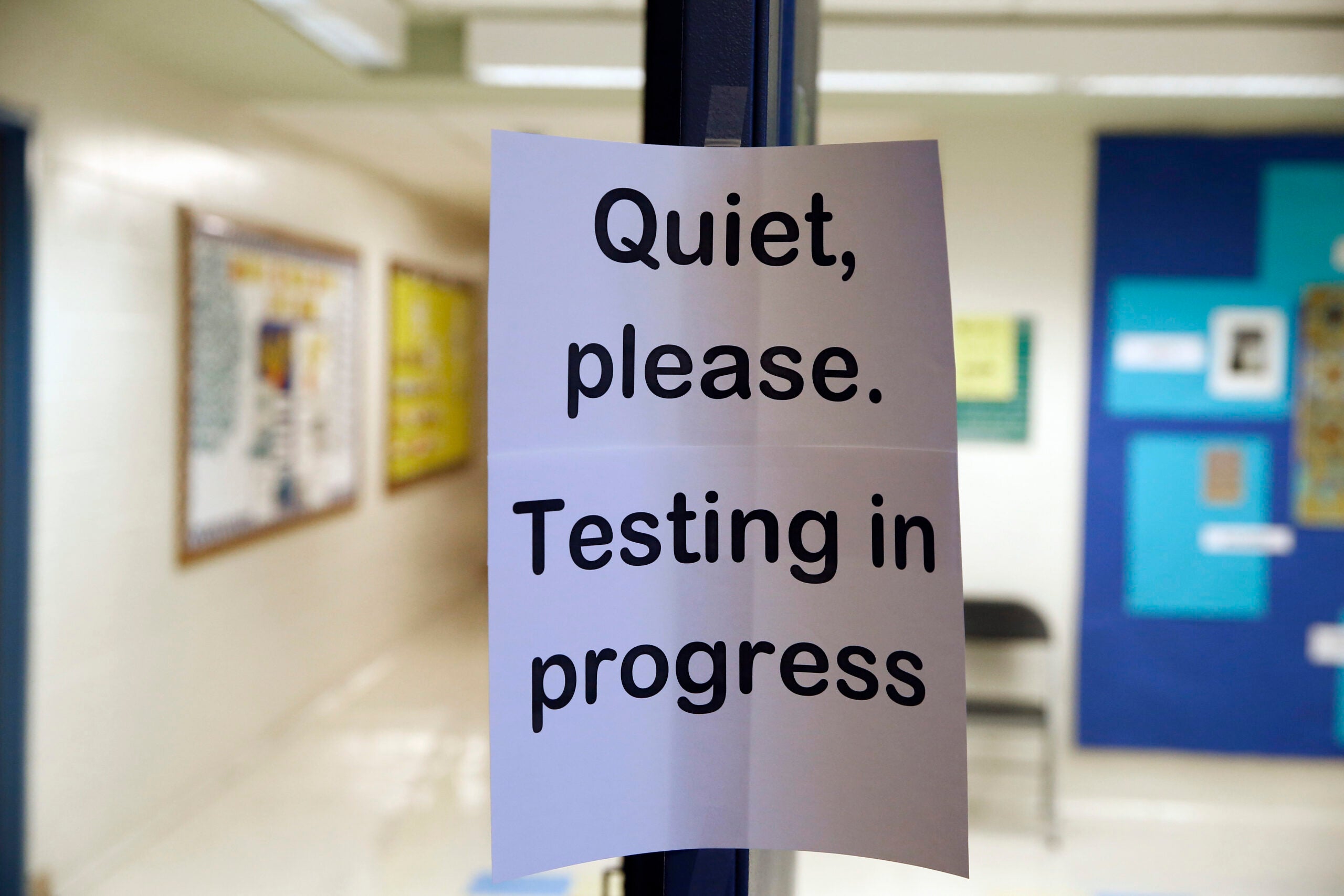Two years ago, Eve Galanter opened up her newspaper to some alarming news.
A headline read that all three school board incumbents in a local race were running unopposed. Herself a public servant for 20 years and having served on Madison Common Council and then in U.S. Sen. Herb Kohl’s office, Galanter was miffed by the lack of candidates.
She reached out to state organizations like the League of Wisconsin Municipalities and the Wisconsin Counties Association to find that minimal participation in local government was widespread.
News with a little more humanity
WPR’s “Wisconsin Today” newsletter keeps you connected to the state you love without feeling overwhelmed. No paywall. No agenda. No corporate filter.
That, Galanter said, gave rise to the Wisconsin Civics Games, an event meant to encourage civic engagement and help future generations understand the role they can play in addressing community issues. The goal of the team-based competition is to get students thinking about what goes on in state government — the process by which bills are signed into law and at what point they might need to get involved to advocate for something they believe in, whether it’s fixing potholes or job creation.
In its first year, the games attracted 54 teams from all over the state totaling more than 200 students.
“I thought the best way to interest high school students was through competition, through games, to encourage collaboration rather than one individual competing against another,” she said. “Public service is in so many ways a team sport.”
David Olson, department chair of social studies at James Madison Memorial High School in Madison, advises two students still in the competition who gleaned some of their civics knowledge from an advanced placement U.S. government and politics class they took as juniors last year.
But Olson admitted there’s a gap across the nation in teaching civics to students, noting it’s particularly a problem in Wisconsin, which has no requirement for students to take such courses. The state did implement a mandate to have all students take and pass a U.S. citizenship exam, but Olson called the exam “an awkward measure.”
While advocating for Wisconsin to follow other states’ approaches to requiring civics classes be taken by students as a way to improve civic engagement, he supports the games as a step in the right direction.
“One civics game competition is not the end result, but I think it’s part of the process,” he said.
Olson’s students will compete in the games on March 29. Initially slated for February, the finals were postponed because of bad weather. The games will be held at 10 a.m. in room 411 South of the Wisconsin state Capitol in Madison. The event is open to the public and Wisconsin Eye will broadcast the event.
Galanter’s idea for the games was backed by the Wisconsin Newspaper Association Foundation, on which Galanter served as a board member.
Students in teams of no more than four prepare for the exams with resources and toolkits that have been mailed to participating teams. Online sources, such as Wisconsin Vote and iCivics are other recommendations.
Regional competitions, which were held at universities around the state, decided which 10 schools would participate in the state finals: Platteville, Madison Memorial, Waunakee, Muskego, Black River Falls, Northland Pines, Ashwaubenon, Cassville, Osceola and Big Foot.
The games are moderated by three judges who read the questions and award points based on the quality of their answers in the time frame allotted. Support from sponsors has helped fund $2,000 scholarships to winning members to attend a Wisconsin college or university.
“Knowledge of civics and civic engagement has a real payoff here,” Galanter said.
See how well you fare with these sample questions: 1. Although amended many times the original Wisconsin constitution is still being used and is one of the oldest state constitutions in the nation. Describe two ways that the Wisconsin state constitution can be changed; and which of the two has never been attempted? 2. In Wisconsin, the governor has the power to veto bills passed by the Legislature. The Wisconsin constitution was amended in 1930 to give the governor the authority for a specific form of veto. Name the veto authority added to the constitution in 1930 and describe the type of legislation where the governor has that authority? 3. City and village governments in Wisconsin have been given wide-ranging powers to deal with providing services. A 1924 constitutional amendment granted them authority known as “home rule.” What is “home rule” and what are these locally enacted laws called? 4. What is the term used to describe the practice of drawing legislative district lines to establish a political advantage for a group or political party; and what is proposed by some as an alternative means for drawing district boundaries? 5. The 10th amendment to the U.S. Constitution delegates to the states powers not delegated to the federal government. These are known as reserved powers. Name two of the reserved powers; and name one power not given to the states by the federal government? 6. U.S. Supreme Court Justice Neil Gorsuch was recently quoted as saying that 10 percent of Americans surveyed believe that the TV star Judge Judy is a member of the U.S. Supreme Court. Describe the process by which Judge Judy would become a member of the Wisconsin State Supreme Court and the U.S. Supreme Court? Source: Wisconsin Newspaper Association |
Wisconsin Public Radio, © Copyright 2025, Board of Regents of the University of Wisconsin System and Wisconsin Educational Communications Board.





